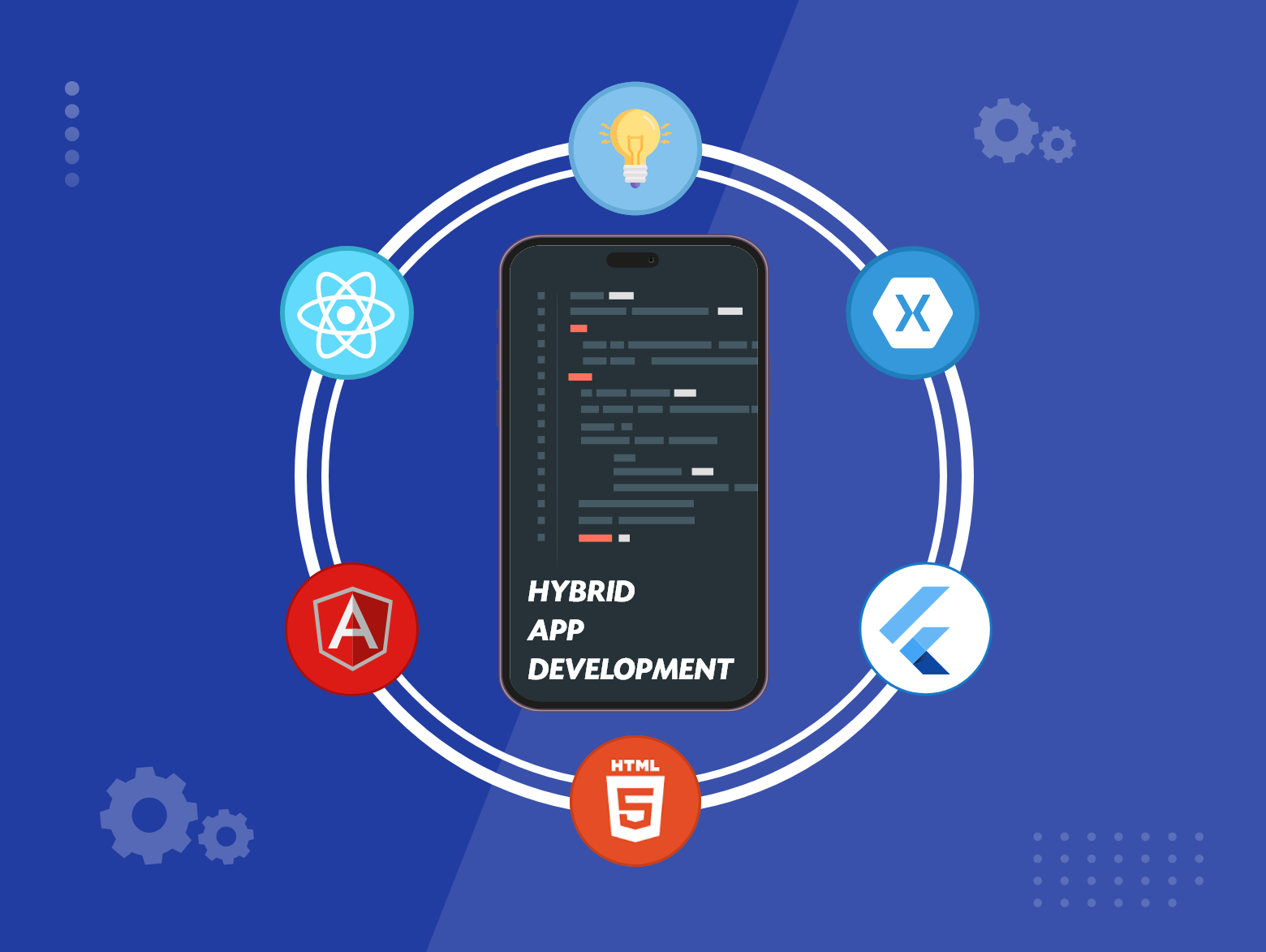In today’s fast-paced digital world, businesses are continuously seeking smarter, faster, and more efficient ways to connect with customers. One of the most cost-effective and scalable solutions in the app development industry is hybrid app development. Combining the best of both native and web applications, hybrid apps offer businesses the ability to scale, save costs, and launch quickly across multiple platforms.
At AssortTech, we specialize in building scalable custom software with a strong focus on e-commerce and retail innovations. Our hybrid app solutions are designed to meet the needs of forward-thinking businesses aiming to maximize performance and user reach.
What is Hybrid App Development?
Hybrid apps are applications built using web technologies like HTML5, CSS, and JavaScript, but they run inside a native container. This allows them to be deployed across multiple platforms like iOS and Android from a single codebase. With the help of frameworks such as React Native or Flutter, hybrid apps can access native features of a device—camera, GPS, notifications—offering near-native performance.
Unlike traditional web apps, hybrid apps are downloaded from app stores and run like native applications, providing a smooth and seamless experience to users.
Hybrid App Development vs Native App Development
When comparing hybrid vs native apps, it becomes clear that hybrid apps present significant advantages in cost, speed, and flexibility:
- Faster Time-to-Market: With a shared codebase, developers can build once and deploy everywhere.
- Cost-Effective: Eliminate the need to develop separate apps for each platform.
- Easy Maintenance: Updates can be pushed from a central codebase.
- Wider Reach: Publish on both iOS and Android stores simultaneously.
Native apps may offer slightly better performance in some cases, but hybrid apps are rapidly catching up due to modern frameworks.
Key Benefits of Cross-Platform Hybrid Apps
AssortTech empowers businesses with cross-platform hybrid apps that bring the following benefits:

- Cross-Platform Compatibility: Build once, run anywhere.
- Full Access to Device Features: Camera, microphone, location, and more.
- Scalability: Easily expand features across all platforms simultaneously.
- Improved User Experience: Unified UI and performance across devices.
- Budget-Friendly: Perfect for businesses with limited development resources.
Our Expertise in Hybrid App Development
Our core strength lies in developing high-performance hybrid apps tailored to each client’s unique needs. With deep expertise in e-commerce and retail innovations, our team delivers robust, scalable, and cross-functional applications using frameworks like React Native and Flutter.
Real-World Success Stories:
- E-Commerce App: We developed a hybrid app for a global e-commerce brand, enhancing user engagement and increasing sales through a unified shopping experience.
- Travel & Tourism App: Partnering with a travel agency, we built an app with real-time booking, itinerary planning, and personalized recommendations, significantly improving customer satisfaction.
Famous Brands That Went Hybrid
Many global giants have embraced hybrid app development, proving its credibility and performance:
- Instagram: Rewritten in React Native for faster updates and scalability.
- Twitter: Switched to hybrid to handle heavy traffic efficiently.
- Gmail: Combines native and web views for cross-platform performance.
- Amazon App: Built with HTML5 for a seamless shopping experience.
- Uber: Uses a single codebase to ensure consistent user experience.

Conclusion:
Hybrid app development frameworks like React Native and Flutter offer an efficient and cost-effective way to build cross-platform apps. However, if you are looking to delve deeper into comparing robust frameworks for web development, you can explore the Angular vs .NET framework comparison. Both Angular and .NET provide powerful tools for web app development, each with its own set of advantages. For those interested in scaling their web applications with a modern and comprehensive platform, Angular vs .NET can be a great starting point.







